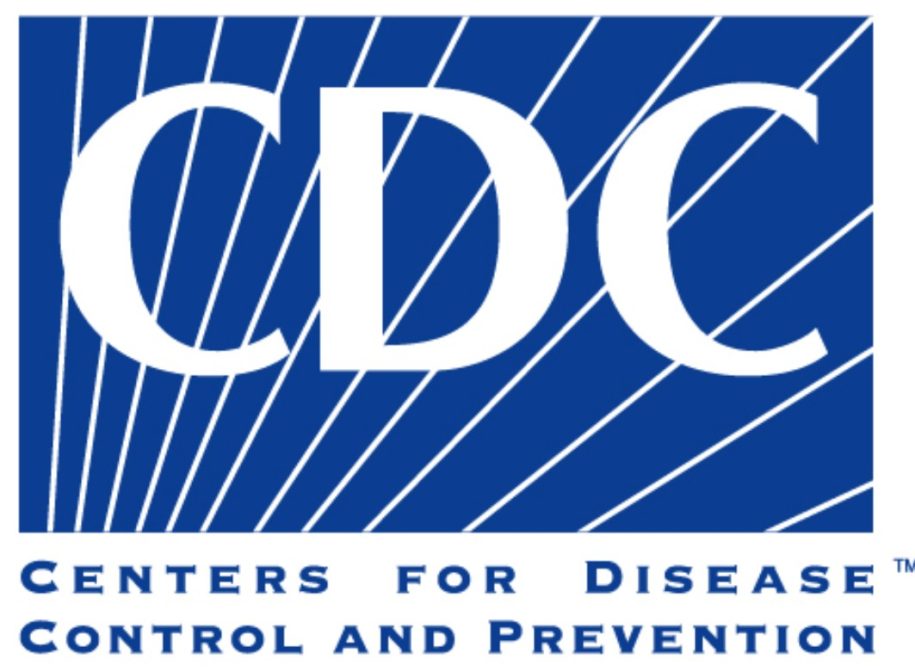Things to Keep in Mind When Implementing Strategies to Promote Mental Health and WellBeing in Schools
When implementing strategies related to schoolbased promotion of mental health and well-being, it is important to consider existing educational practices that may guide decision-making in the school district. It is also important to consider the school and community context, including availability of resources, needs of students, and capacity of staff. This section outlines several of the things to keep in mind when planning and implementing the school-based mental health and well-being approaches outlined in this action guide.
Multitiered Systems of Support
Multitiered systems of support (MTSS) is a framework used by many schools and districts to coordinate systems and services to address students’ academic, behavioral, mental health, and social and emotional needs. The MTSS framework uses a public health approach to promote student well-being by identifying three “Tiers” of prevention to support the needs of the entire school population.
- Tier 1 programs, practices, and policies are often called “universal” or “primary” prevention programs. These are typically implemented schoolwide and meant to benefit the entire student body. Programs implemented by classroom teachers are frequently Tier 1 (universal, primary prevention).
- Tier 2 programs are described as “targeted” or “secondary” prevention programs. These programs are typically appropriate for students who might benefit from additional supports, skill development, or early intervention to address concerns. Tier 2 (targeted, secondary prevention) programs are often delivered in a small group setting by professionals with specialized training such as school counselors or other school behavioral or mental health professionals.
- Tier 3 programs are generally individualized and are often described as “indicated” or “tertiary” prevention programs. Tier 3 programs might involve frequent sessions of longer duration, and often address specific and sometimes more severe behavioral and mental health concerns that a student may be experiencing. Student involvement in Tier 3 programs typically requires parental consent and student assent and is sometimes described in individualized education programs (IEPs). Tier 3 programs are generally provided by certified or licensed professionals qualified to conduct the specific program or intervention.
Using Comprehensive Assessment Tools
Using data to understand and improve both students’ and adults’ competencies, behaviors, performance, and accountability is critical for assessing need, understanding how students and staff are implementing new programs, policies, and practices, and assessing what effect these practices are having on mental health and well-being. Using student data to make decisions about supports that students need is a central component of MTSS, and school-based screening of students to learn about their social, emotional, behavioral, and mental health concerns is a way to better understand student needs. Screening can also help with linking students to needed services.
- Social skills and emotional development assessment tools, for example, might be used to help schools understand their climate and opportunities for improving curricula over time. These assessments can also be helpful to teachers as they support skill development in students and tailor curricula to classroom needs.
- Other screening tools specifically ask about students’ mental health needs. Before implementing screening initiatives in a school or district, it is important to decide how students’ answers will be used to benefit them. Ethical responsibilities include protecting students’ privacy and linking them to mental health supports. For example, if screening uncovers a high need for mental health treatment (which falls into “tertiary” or Tier 3 services), administrators should determine if those services are available through the school or in the local community. Professional organizations such as the National Association of School Psychologists offer guidance for schools as they consider the adoption of screening in schools. For a more detailed discussion of mental health screening, see the following resources:
- Best Practices in Universal Screening: https://smhcollaborative.org/wp-content/ uploads/2019/11/universalscreening.pdf
- The School Counselor and Universal Screening: https://www.schoolcounselor.org/StandardsPositions/Position-Statements/ASCA-PositionStatements/The-School-Counselor-andUniversal-Screening
- Guidance for Trauma Screening in Schools: Available from https://www.ksdetasn.org/ resources/1270

